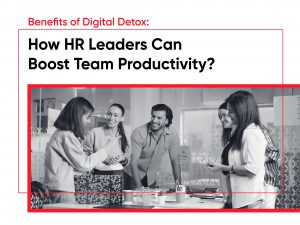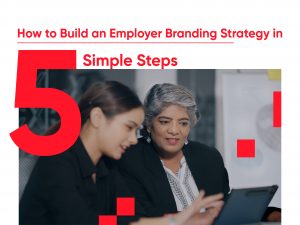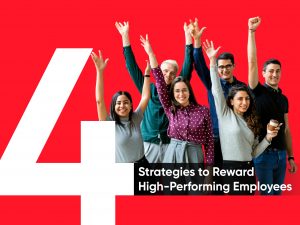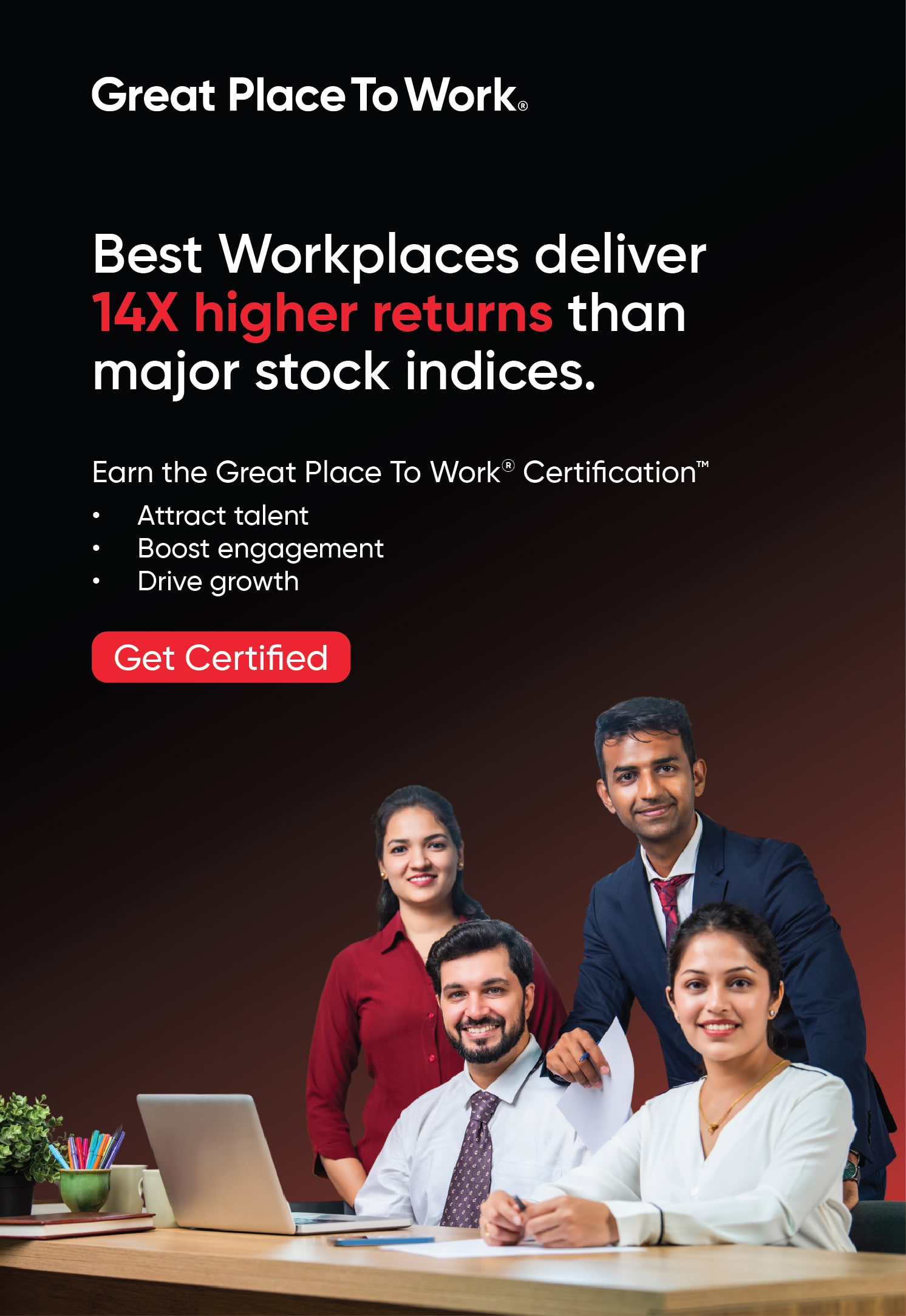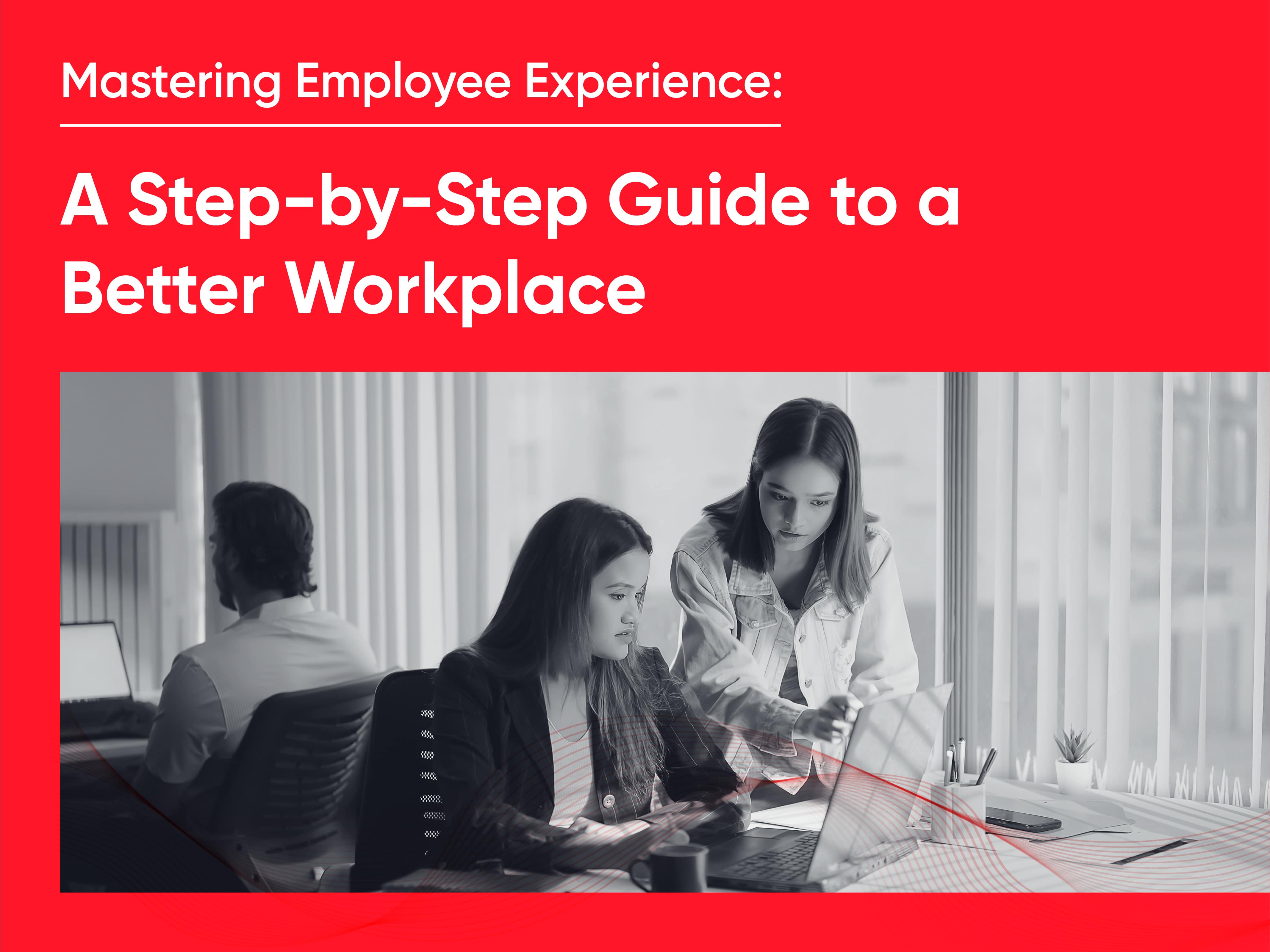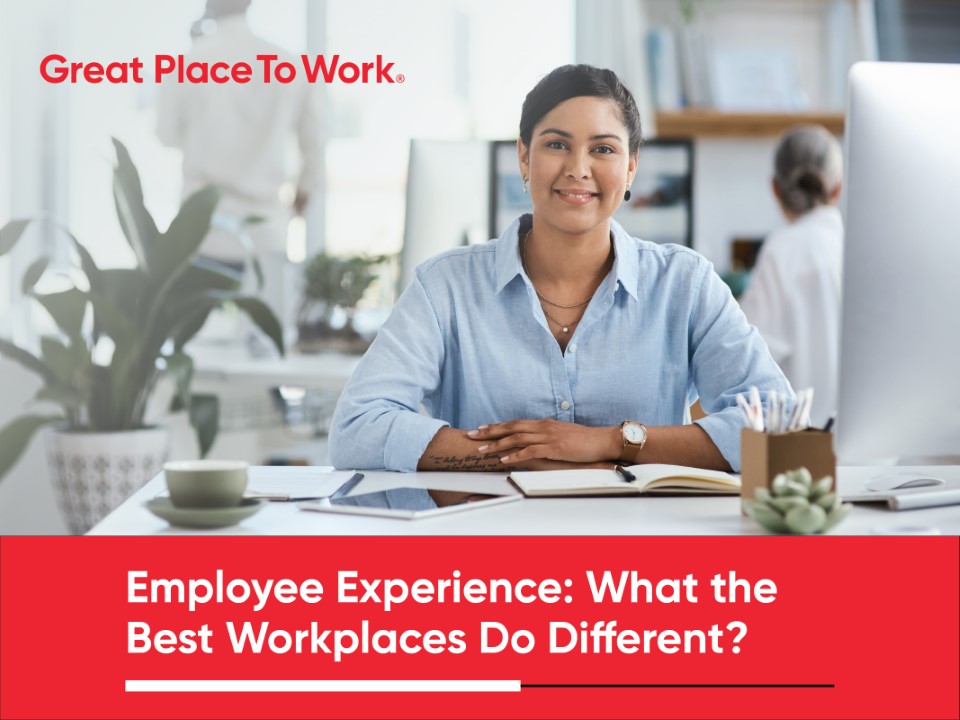Reading Time: 4 minutes
In an era of unprecedented change and uncertainty, the imperative for leaders to cultivate a culture of innovation has never been more pressing. Traditional business operation models are being disrupted unprecedentedly, necessitating a shift towards a more agile and adaptable approach. A culture of innovation encourages the exploration of diverse ideas and instills a mindset of continual adaptation and evolution. It goes beyond mere tolerance of change; it embraces change as a fundamental aspect of organizational identity.

In such a culture, adaptability becomes ingrained as a core organizational value, enabling teams to respond effectively to emerging challenges and capitalize on new opportunities. By fostering an environment where innovation thrives and adaptability reigns supreme, leaders can position their organizations to survive and thrive in an uncertain future.
Agile Risk-Taking
Cultivating a culture characterized by agility, constructive feedback, and a willingness to take risks is paramount. Speed is not just desirable; it’s essential. Innovation cycles are continually accelerating, and organizations must act swiftly to seize emerging opportunities and maintain a competitive edge. By fostering a culture that values speed and agility, leaders empower teams to make decisions rapidly, adapt to changing market dynamics, and capitalize on new trends.
Moreover, cultivating a constructive culture where feedback is embraced as a tool for growth fosters continuous improvement and innovation. Employees feel empowered to experiment, knowing that failures are viewed as opportunities for learning and growth rather than as setbacks. This mindset encourages creativity, risk-taking, and the pursuit of bold ideas that have the potential to drive industry evolution forward.
Adaptive Environment
Creating an adaptive environment fosters inclusivity and flexibility within workplaces to embrace diverse ideas and adapt to future workforce trends. Inclusivity ensures that all voices are heard and valued, regardless of background or perspective. By fostering a culture of inclusivity, organizations can tap into the full spectrum of talent and creativity within their teams, leading to more innovative solutions and approaches.

Flexibility is equally crucial in creating an adaptive environment. As the nature of work continues to evolve, organizations must adapt to shifting workforce trends, such as remote work, flexible schedules, and alternative work arrangements. By offering flexibility in how, when, and where work is done, organizations can attract and retain top talent while also promoting employee satisfaction and productivity.
Together, inclusivity and flexibility form the foundation of an adaptive environment that enables organizations to thrive in the face of uncertainty and change. By embracing diverse ideas and accommodating evolving workforce needs, organizations can position themselves for long-term success in an ever-changing world.
Forward-Thinking Incentives
Forward-thinking incentives are instrumental in fostering a culture of innovation and encouraging groundbreaking solutions that challenge the status quo. By rewarding innovative challenges, organizations inspire employees to think outside the box, take calculated risks, and push the boundaries of what is possible.
These incentives can take various forms, such as recognition programs, monetary rewards, career advancement opportunities, or even dedicated time and resources for pursuing innovative projects. By aligning incentives with the organization’s strategic goals and values, leaders reinforce the importance of innovation and signal their commitment to supporting and rewarding creative thinking.
Forward-thinking incentives create a sense of excitement and motivation among employees, driving engagement and fostering a culture where innovation is celebrated and encouraged. By recognizing and rewarding individuals and teams who dare to challenge convention and pursue bold ideas, organizations reinforce the message that innovation is valued and essential for long-term success.
Lifelong Learning
Prioritizing continuous learning allows individuals to stay up-to-date of the latest technological advancements, ensuring they remain relevant and competitive in their fields. By continuously updating their knowledge and acquiring new skills, professionals can adapt to changing market demands and seize new opportunities as they arise.
Furthermore, organizations that prioritize lifelong learning foster a culture of innovation and agility. Employees are encouraged to explore new ideas, experiment with innovative solutions, and contribute fresh perspectives to the organization’s growth. This culture of learning not only enhances employee engagement and retention but also equips the organization with the agility needed to respond effectively to shifting market dynamics.

Streamlined Ideation
Streamlined ideation processes are indispensable for staying ahead of emerging trends in today’s dynamic business environment. Organizations can foster a culture of innovation and responsiveness by developing clear and agile ideation processes, enabling them to identify and capitalize on emerging opportunities swiftly.
Clear ideation processes provide structure and direction, guiding teams through the brainstorming and idea-generation phase efficiently. This clarity ensures that everyone understands the objectives and parameters of the ideation process, leading to more focused and productive sessions.
Agility in ideation processes allows organizations to adapt quickly to changing circumstances and market shifts. By embracing iterative approaches and rapid experimentation, teams can test ideas, gather feedback, and refine their concepts in real-time. This flexibility enables organizations to stay nimble and responsive, seizing opportunities as they arise and mitigating risks effectively.
A leadership blueprint for cultivating an innovation-ready future is essential in today’s rapidly changing business landscape. By embracing the above-mentioned key principles, organizations can position themselves for sustained success in an uncertain future. Visit us here to learn more.



